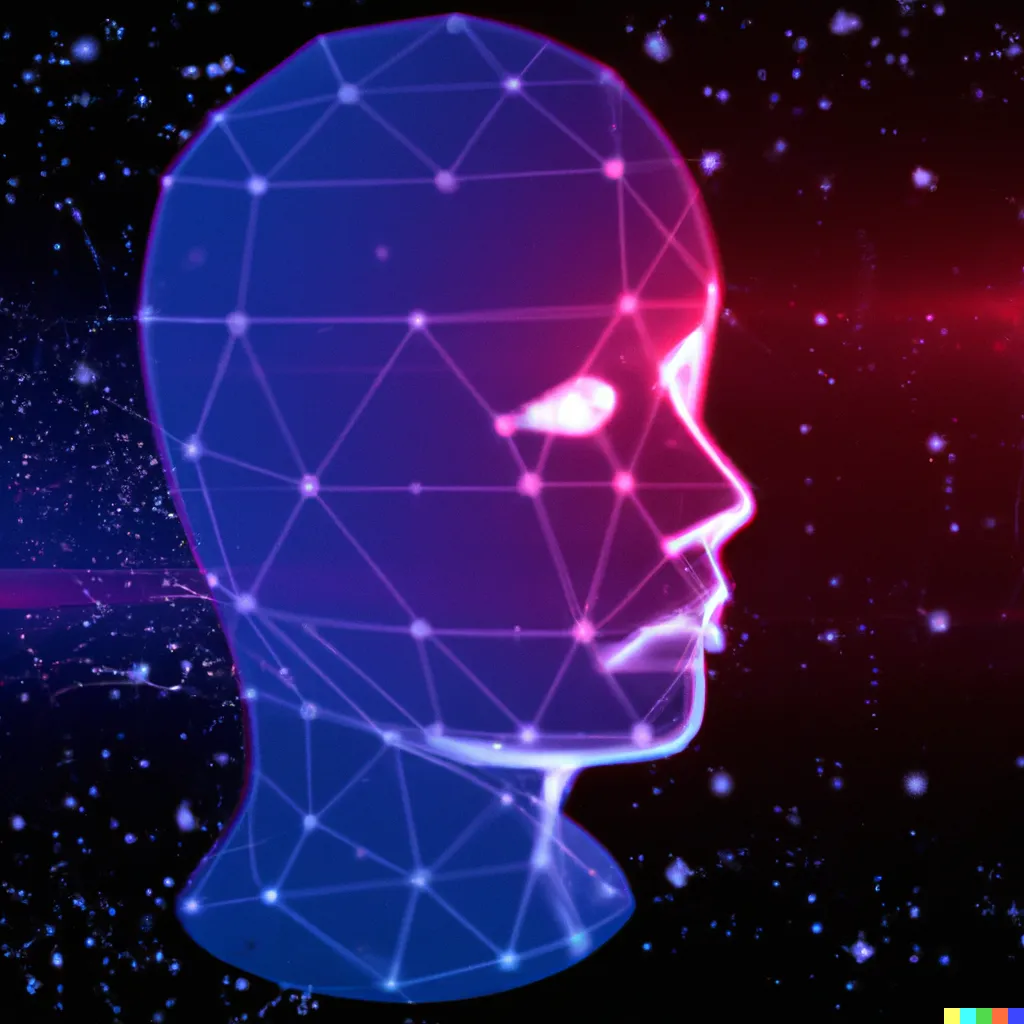
Blockchain vs. AI: Which Will Ultimately Be More Transformative
“When it comes to the debate of which technology will have a more transformative impact on the world, blockchain and artificial intelligence (AI) are two of the most commonly discussed.”
Both have the potential to revolutionize how we interact with technology and how we live our lives, but which one will be more transformative?
Blockchain and AI: which one is likely to have the most transformative impact?
Arguments for Blockchain
One of the main arguments for blockchain is its ability to provide a secure, decentralized platform for transactions. By using blockchain technology, users can make secure, transparent transactions without the need for a third-party intermediary. This could revolutionize the way we conduct business and could have a major impact on the global economy.
Distributive Ledger Advantages
Blockchain is a distributed ledger technology that enables secure and transparent transactions without the need for a central authority. This means that it can be used to create a decentralized, trustless system that can be used to facilitate transactions, store data, and track assets. This technology has the potential to revolutionize the way we do business, as it eliminates the need for middlemen and enables more secure and transparent transactions.
Blockchain Security vs. AI
Blockchain is more secure than AI. AI is vulnerable to hacking and manipulation, which can lead to security breaches and data loss. Blockchain, on the other hand, is secured by cryptography and distributed consensus protocols, which make it virtually impossible to hack or manipulate. This makes it a more reliable and secure technology for storing and transferring data.
Blockchain Disrupts More than AI
Blockchain is more disruptive than AI. AI is mainly used for automation and optimization, which means that it can be used to improve existing processes and systems. Blockchain, however, has the potential to completely disrupt existing systems and create new ones. For example, blockchain can be used to create decentralized applications, digital currencies, and smart contracts, which can completely revolutionize the way we do business.
Blockchain has the potential to revolutionize the way we store and share data, making it more secure and efficient.
Arguments for Artificial Intelligence
Artificial intelligence (AI) has the potential to revolutionize the way we interact with any technology. AI-powered machines can learn from their environment and can be used to automate tasks that would otherwise require human labor. AI has become increasingly popular in recent years, and its potential to transform and disrupt the world is immense.
Eliminating the Mundane
AI has the potential to revolutionize the way we interact with technology, automate mundane tasks, and even create entirely new industries. Blockchain technologies, while also revolutionary, have a much more limited scope of application. AI in contrast could lead to increased efficiency and cost savings for every business, and could also free up human labor for more creative tasks.
AI has Broader Applications than Blockchain Technologies
AI is a broad term that encompasses many different technologies, from machine learning and natural language processing to robotics and computer vision. AI can be used to automate mundane tasks, such as data entry and customer service, as well as more complex tasks, such as medical diagnosis and financial analysis.
AI Creates New Industries
AI is also being used to create entirely new industries, such as autonomous vehicles and virtual personal assistants. AI is even being used to create entirely new forms of entertainment, such as interactive video games and virtual reality experiences. In comparison, blockchain technologies are more limited in their scope and application. Blockchain is a distributed ledger technology that can be used to securely store and transfer data. While blockchain can be used to create new forms of digital currency, such as Bitcoin, its potential is much more limited than AI. Blockchain is not capable of automating mundane tasks, creating new industries, or creating new forms of entertainment.
AI has the potential to revolutionize the way we interact with technology, automate mundane tasks, and even create entirely new industries.
While blockchain has the potential to revolutionize the way we conduct business and store data, AI has the potential to revolutionize the way we interact with technology and automate tasks. Ultimately, it is difficult to say which one will be more transformative, as both have the potential to have a major impact on the world. Schell IP is committed to using both technologies to their maximum potential to create a revolutionary new model for the practice of intellectual property law.
Schell IP's mission is to leverage artificial intelligence in all aspects of the patenting process to create more valuable intellectual property assets.
If you would like to discuss a specific product concept requiring patent protection or speak with a patent lawyer, feel free to contact the Schell IP team.
If you would like to discuss a specific product concept requiring patent protection or speak with a patent lawyer, feel free to contact the Schell IP team.
The content of this website is not intended as legal advice. If you have any question pertaining to a specific matter, speak with an attorney.

